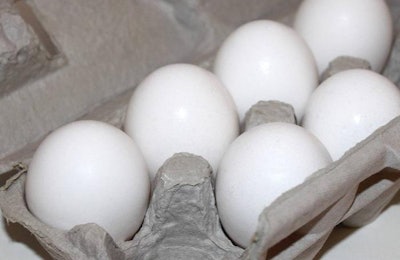
Cal-Maine Foods reported a net loss for its fourth quarter of fiscal year of $376,000, but a record net income of $316 million for the year. Both periods ended
Likewise, the largest egg company in the United States reported a decline in net sales during the fourth quarter, but a jump in net sales for the full year. Fourth quarter net sales were $303 million, down nearly 25 percent year-over-year, while FY 2016 net sales were 1.91 billion, up from the 1.58 billion in net sales for the 2015 fiscal year.
In a press release issued on July 18, Cal-Maine Foods CEO Dolph Baker said the company’s performance during both fiscal years was largely impacted by the 2015 highly pathogenic avian influenza outbreak, which brought on the loss of millions of layer hens and the loss of export markets.
“Cal-Maine Foods had another record year in fiscal 2016 with sales of
“Throughout this fiscal year, our industry continued to deal with the aftermath of the avian influenza (AI) outbreaks that occurred in the spring of 2015. While there have been no positive tests for AI at any of our locations, the outbreak significantly affected egg supplies and prices. Our results for the fourth quarter reflect these extremely volatile egg market conditions and supply disruptions. Market prices for shell eggs have dropped considerably from the historically high levels we experienced at the beginning of this fiscal year.”
Cal-Maine Foods witnessed a 21.7 percent drop in average selling prices over the same quarter last year, and the company’s sales for the fourth quarter reflected lower volumes, primarily related to the loss of a portion of a major customer’s co-pack business, Baker noted. While retail demand trends for shell eggs have been favorable, Baker said the market has continued to experience demand erosion for egg products and reduced egg exports.


















